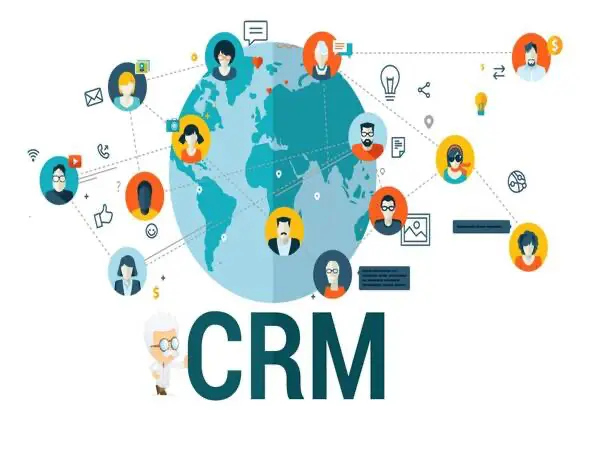Understanding CRM for Small Businesses
Customer Relationship Management (CRM) is a valuable tool for any small business. It helps to organize customer data, streamline communication, and improve overall customer relationships. CRM systems help small businesses manage their contacts, track leads, and automate sales processes. By implementing a CRM system, small businesses can improve efficiency, enhance customer service, and ultimately boost revenue.
The Benefits of Using a CRM System
There are numerous benefits to using a CRM system for small businesses. First and foremost, it helps to centralize all customer information in one place, making it easier to access and manage. This can improve communication not only with customers, but also within the business itself. CRM systems can also automate mundane tasks, such as data entry and follow-up emails, freeing up time for employees to focus on more important tasks. Additionally, CRM systems can provide valuable insights and analytics on customer behavior, enabling businesses to make informed decisions and target their marketing efforts more effectively.
Choosing the Right CRM System for Your Small Business
When it comes to choosing a CRM system for your small business, it's important to consider your specific needs and budget. There are numerous CRM systems available, each with its own set of features and pricing options. Some factors to consider when choosing a CRM system include ease of use, scalability, integration with other tools, and customer support. It's also important to consider the specific needs of your business, such as whether you require a system that focuses on sales, marketing, or customer service. Taking the time to research and demo various CRM systems can help you make an informed decision that aligns with your business goals.
Implementing a CRM System in Your Small Business
Once you've chosen a CRM system, the next step is to implement it within your small business. This may involve migrating existing customer data, training employees on how to use the system, and integrating it with other tools and software. It's important to take the time to properly set up your CRM system to ensure that it aligns with your business processes and goals. In addition, ongoing maintenance and updates are crucial to ensure that your CRM system continues to meet the needs of your business.
Maximizing the Benefits of a CRM System
After implementing a CRM system, it's important to maximize its potential by using it to its full capacity. This may involve creating a standardized process for entering and updating customer data, setting up automated workflows, and leveraging the analytics and reporting features. It's also important to continuously train and educate employees on how to use the CRM system effectively. By utilizing the various features and capabilities of a CRM system, small businesses can enhance their customer relationships, improve internal efficiency, and ultimately boost their bottom line.
Conclusion
Implementing a CRM system is a valuable investment for any small business. By centralizing customer data, automating processes, and providing valuable insights, CRM systems can help small businesses improve efficiency, enhance customer relationships, and ultimately boost revenue. By choosing the right CRM system, properly implementing it within the business, and maximizing its potential, small businesses can take full advantage of the numerous benefits that CRM has to offer.

